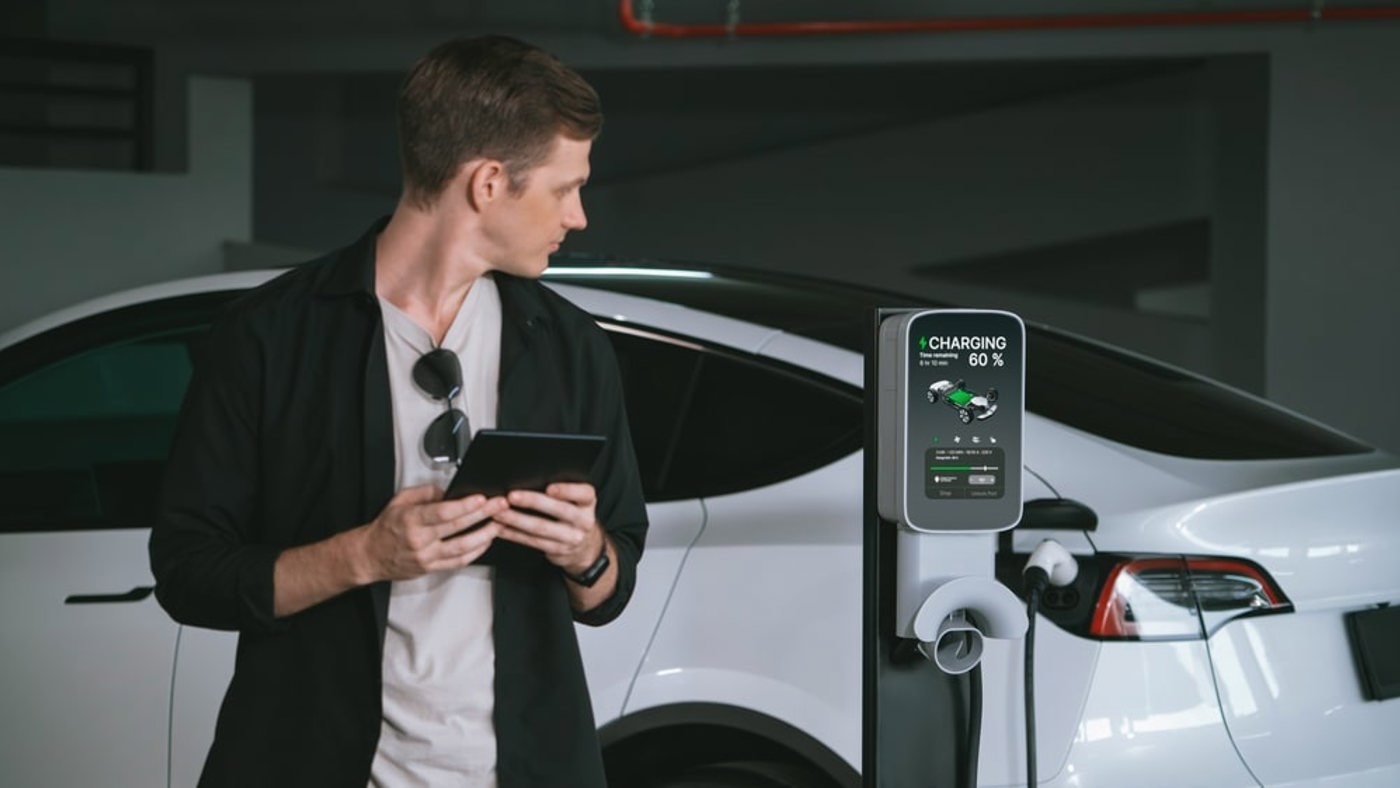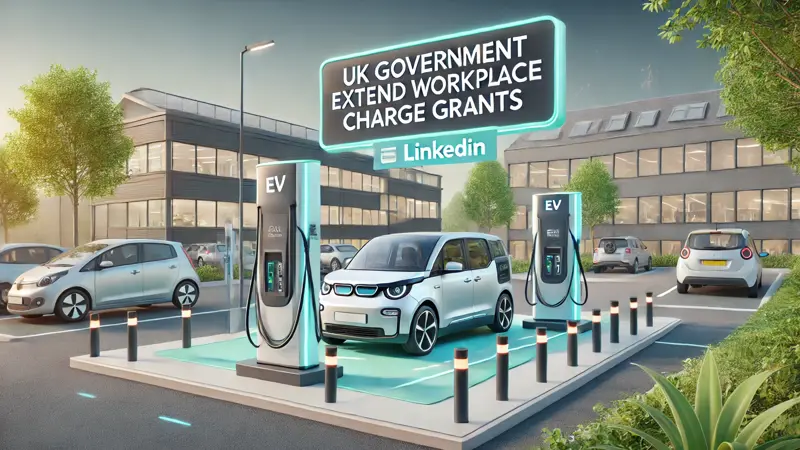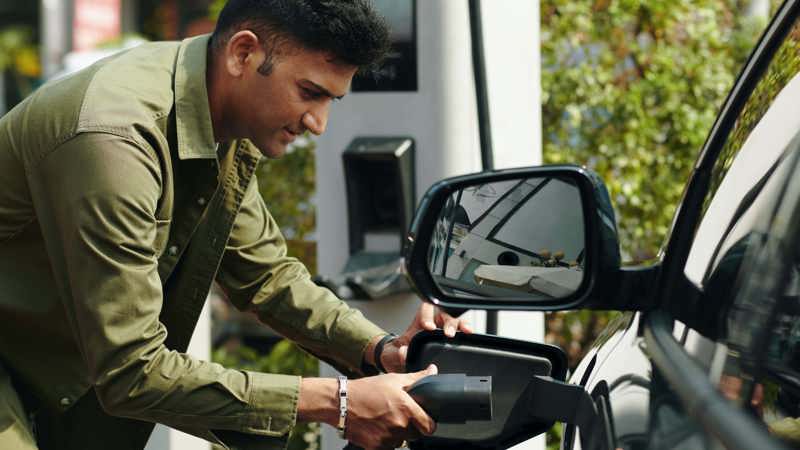
EV News: UK watchdog ‘ready’ to investigate Chinese carmakers, and EU urged to set fleet targets
UK Trade Watchdog ‘ready’ to investigate flood of cheaper Chinese electric cars
The head of Britain’s post-Brexit trade watchdog has said it is ready to follow the EU’s lead in investigating Chinese companies currently flooding the market for electric cars.
Oliver Griffiths, the chief executive of the UK’s Trade Remedies Authority (TRA), advises the government on trade defence, said, “We’ll be ready to go if anyone does come to us.”
Chinese firms are currently under an “anti-subsidy” investigation from the EU amidst claims from the EC (European Commission) of cheaper models “flooding” the market.
Last year, China overtook Japan as the world’s largest car exporter, while Chinese manufacturer BYD surpassed Tesla as the top-selling electric carmaker in the world last quarter.
The EU estimates China’s share of EVs sold in Europe has grown to 8% and could hit 15% by 2025, while AutoTrader expects one-sixth of the UK market to be controlled by Chinese firms by the end of the decade.
Ultimately, the EU EV market finds itself in a healthy position despite concerns and recent reports of a slight sales dip at the end of last year.
According to data on the EU’s EV market trends, the 3.3% dip in sales registered in December 2023 is the first time that sales haven’t increased compared to the previous year in 16 months. And the data shows these increases have not been nominal. Before December, for example, November and October’s registrations saw an increase of 6.7% and 14.6% respectively on the numbers from the previous year.
The industry is waiting to see if Chinese firms exporting cheap EVs en masse are found to be in breach of subsidy limitations, as automakers worldwide battle to provide vehicles at cheaper prices without compromising on quality.
EU urged to set 100% Electric Fleet Targets by 2030
The EU is once again being urged to make it mandatory for all company and organisational fleet vehicles to be 100% electric by 2030.
In May, Transport & Environment said that EU-mandated targets for 100% zero emission by 2030 would result in 11 million extra EVs on Europe’s roads and save an additional 30 million tonnes of CO2-equivalent for the year 2030.
The calls come as the EC (European Commission) has discussed developing its own strategy for the electric transition of corporate fleets, but has yet to materialise plans into anything definitive.
Major brands including IKEA, Coca-Cola, AstraZeneca, SAP, Tesco and Unilever, have all piled the pressure on the Commission to set a deadline of 2030 for the electrification of all new company cars.
These targets would likely be introduced incrementally - similar to the UK ZEV mandate - but how they would be enforced needs to be clarified.
The calls have faced some criticism however, mainly from those citing the use of private capital to fund the transition means enforcement would be unfair.
According to the International Road Transport Union (IRU) which represents the EU road passenger and goods transport industry: “The choice to use private capital for fulfilling goals should always remain with the private company and its subsidiaries.”
For now, the industry must await an official statement from the EC, and will be expecting further clarification on their ZEV targets soon.
Oxford United Pledge All-Electric Football Stadium
In positive renewables news last week, League One club Oxford United have pledged to build the UK’s first all-electric powered football stadium.
According to the club’s Development director Jon Clarke, the new stadium will be “one of the greenest football stadiums to be built”, as the club plans to switch from current ground Kassam Stadium when their lease expires in 2026.
Oxford United recently signed the UN Sports for Climate Action Framework, and has committed to halving its carbon emissions by 2030, and achieving net-zero by 2040.
These plans add to the city's green credentials, something being established across the board…not least through their world-famous University.
Wolfson College and Christ Church Colleges both provide EV charging connected through the Clenergy EV platform, so you should have no shortage of available chargers in the city!
Clenergy EV launches at-home charging software
We’re not keeping quiet about our huge announcement last week, where we opened up our services to EV drivers charging their vehicles at home with free EV software to help drivers save money, claim expenses, and make money.
Clenergy EV drivers can now benefit from the ability to turn their ordinary at-home chargers into extraordinary smart hubs. That means making use of innovative tools like charge scheduling (on cheaper nighttime tariffs), charge receipts for easy expense reporting, and the ability to rent out their driveways to friends, family, and neighbours..
To register your interest and make your charging experience extraordinary at no extra cost, click the link here to fill out our form.


